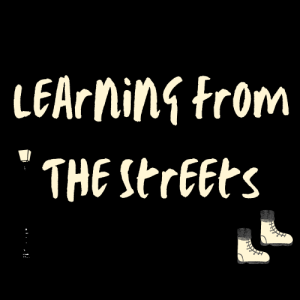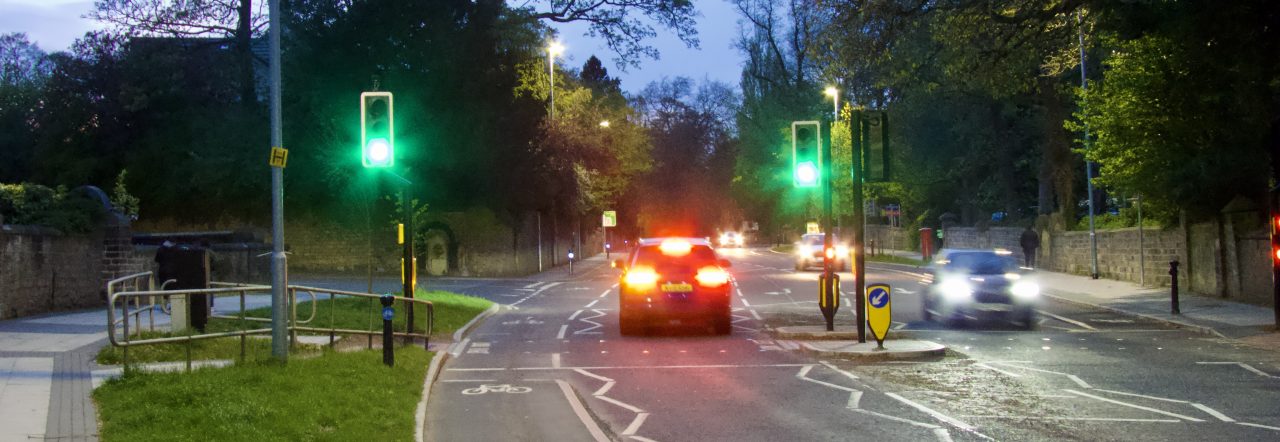Put yourself in the place of a young person for one moment. Its 12pm on a Sunday morning. They have just endured ‘being at church’ with their parents, and awoken out of unconsciousness by the rousing final hymn, or just returned back to the coffee area after being shephered to ‘their groups’ to keep them out of the way. Theyve survived another sunday, almost.
Now they’re hovering, maybe near the coffee, more likely near to the biscuits and cakes. Nearly always near the biscuits and cakes. Counting down the minutes until they can leave, and hoping desperately that their parents arent the social wizards they normally are, so that they are about to be the ‘last family to leave’ the church.
Because, that means that other adults might talk to them. Try and be well meaning.
And – what is the most likely conversation that the young person is going to hear?
Its rarely – ‘how was the service, or youth group (as most of the adults have forgotten about this already) – no its the ‘other’ difficult question, it happens every week…
How was school this week?
Imagine that, the young person, has endured church for 90 minutes, now has to react to this well meaning adult, who has put themselves in the same position their parent does at 5pm every day. On receipt of the stock answer ‘fine’ .
Put it bluntly, unless young people talk about school, in a different context to school, dont mention school. Its a key rule on detached youthwork, it should be the same rule in church.
Now a young person who isnt in school that day, has to try and be polite, (its a church) but also is two days since being in school, and probably isnt looking forward to Monday, is being seen in church through the lens of being a school pupil. It could be the last thing they want to be reminded of. A successful pupil might be under alot of pressure, a struggling one, might not want to talk about it.
Maybe ‘school’ is a safe and easy topic for the adult to ask about – but that doesnt make it what the young person wants to.
What’s even worse is asking about school only so that the adult can regaile their own school stories, experience and how thjngs were wirse ‘in my day’ because.. well that isn’t empathy. It’s borderline narcissism.
It’s especially relevant as there could be so many other things to talk about with a young person in that space. So – and these are taken from this article on the excellent nurture development website: http://www.nurturedevelopment.org/blog/abcd-practice/good-life-conversation/
They might need adapting – but what about some of these questions:
What contributions do you like to make to others?
What’s your thing?
What do you like doing that makes you forget time?
What matters to you that you’d join with others in doing?
What are the three activities you do best?
What are the three skills you would most like to learn?
Which clubs or groups do you belong to?
If you could start a business, what would it be?
What are your favourite games?
How do you have fun?
Do you have other hobbies or special interests we have not talked about?
Have you ever made anything?
Have you ever fixed anything?
What is your greatest accomplishment in life so far?
Essentially, what Cormac is getting at in this piece, is that there are gifts, strengths and abilities that each person has, and this is an attitude we should have about young people when they are in our churches. Having a broad and deep understanding of young people might mean we see them not as learners, who learn things in churches and also learn things in schools- but as gifted, and contributors. We might talk the talk about ‘learning from young people’ but often our interactions reveal that we push them into being learners. For church to be a place young people call as ‘home’ and ‘safe’ on a simple level, we need to develop ways of interacting in conversation with them that give respect, time and attention to them, their interests, intelligence and contributions.
Though, if we want to start a conversation with young people- and keep it ‘light and friendly’ how might it avoid ‘school’ which might not be light and friendly for the young person to talk about?
If we even have any young people in churches left, it might only be a small thing, but if all five people after the service just talk about school to them, then thats got to be tiring hasnt it?
When fuller youth institute identified that ‘a healthy place’ is the kind of place a church needs to be to keep 15 year olds in it. It is in conversations and connections where this is- as adults we have to be better at talking with young people and creating this.
Ps- and I have done it too, and felt bad afterwards too as the energy sapped from the young person during the conversation.


Another really helpful article – thank you. I have been passing your articles to the people in my church who are just starting up a youth group for our young people on sunday mornings. I really appreciate what you are sharing from your experience and wisdom.
LikeLiked by 1 person
Thank you for your feedback- glad it might be helpful!
LikeLike